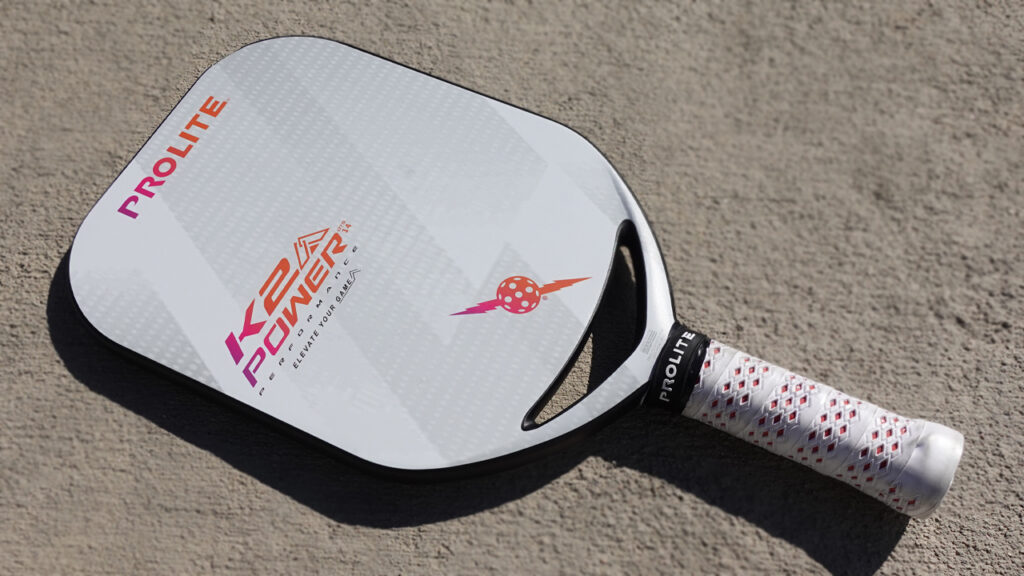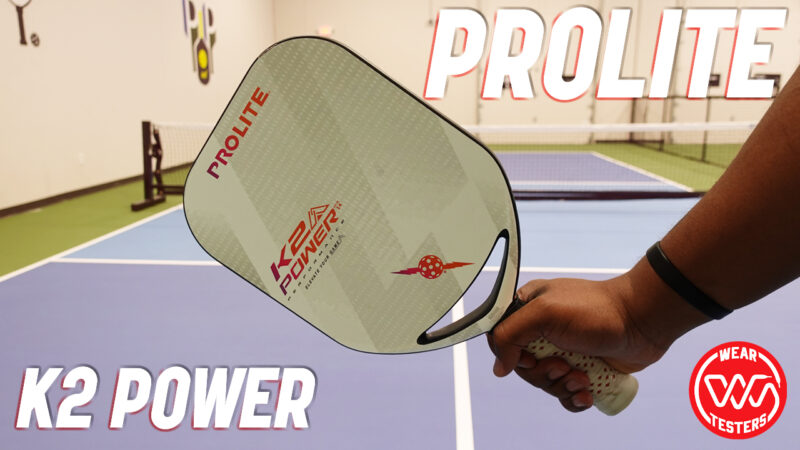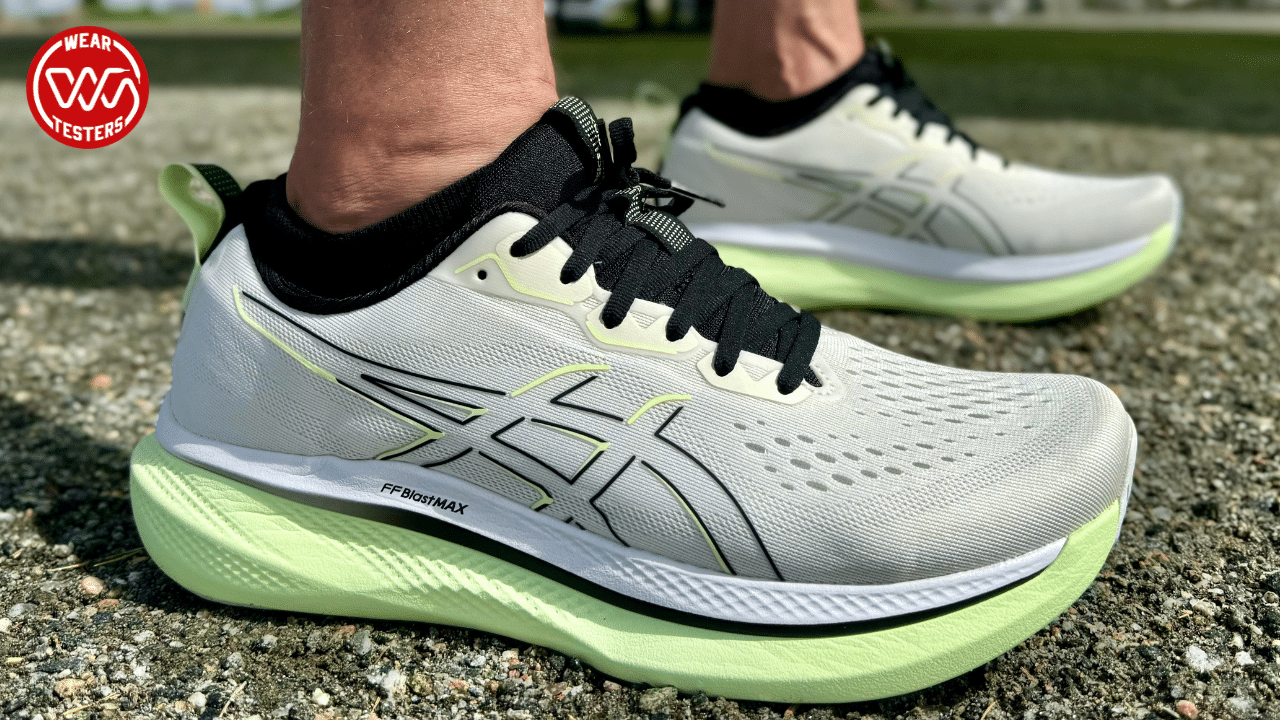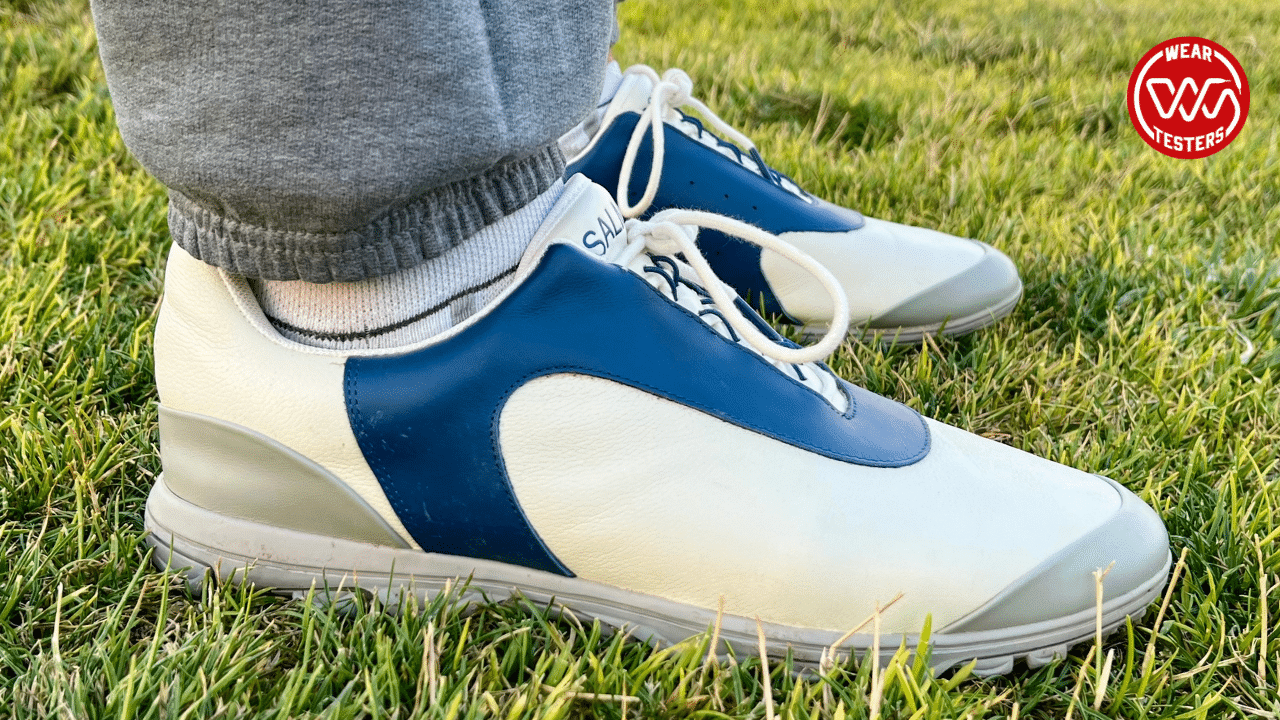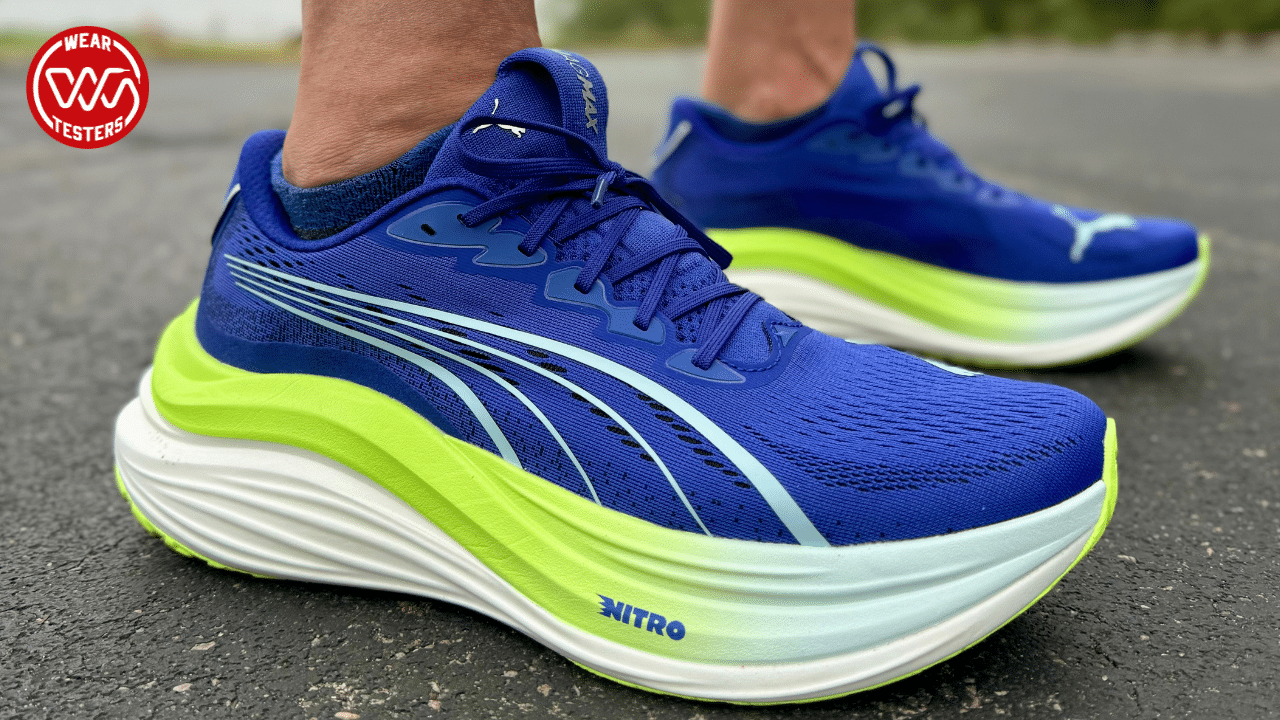Prolite makes a return with the K2 Power — an edgeless, aerodynamic design reminiscent of paddles such as the OneShot Aero InfinityShot and more similarly the Selkirk Vanguard Power Air. To find out how the Prolite K2 Power holds up, we put in some time to test and now you can sit back and enjoy a full review.
Prolite K2 Power Specs
- Paddle Length: 15 5/8 in
- Paddle Width: 8 1/16 in
- Core Thickness: 14mm
- Grip Length: 4 ¾ in
- Grip Circumference: 4 ¼ in
- Static Weight: 7.5-7.8 oz
- Hitting Surface: 4-ply Toray T700 carbon fiber w/ PermaTraction Coating
- Thermoformed: Yes
- Foam Injection: Yes
- Retail Price: $180
Pros
Sweetspot
The standout feature in my experience with the Prolite K2 Power is undoubtedly the sweetspot. The sweetspot is really good for an edgeless paddle under 16mm in core thickness. Contributing to a good sweetspot is the widebody shape of the Prolite K2 Power along with foam injection around the inside of the perimeter of the paddle.
Despite being lighter on the swing, stability doesn’t get sacrificed. I didn’t have much trouble with off center shots in the way I normally would using paddles with a weaker sweetspot or lower twist weight.
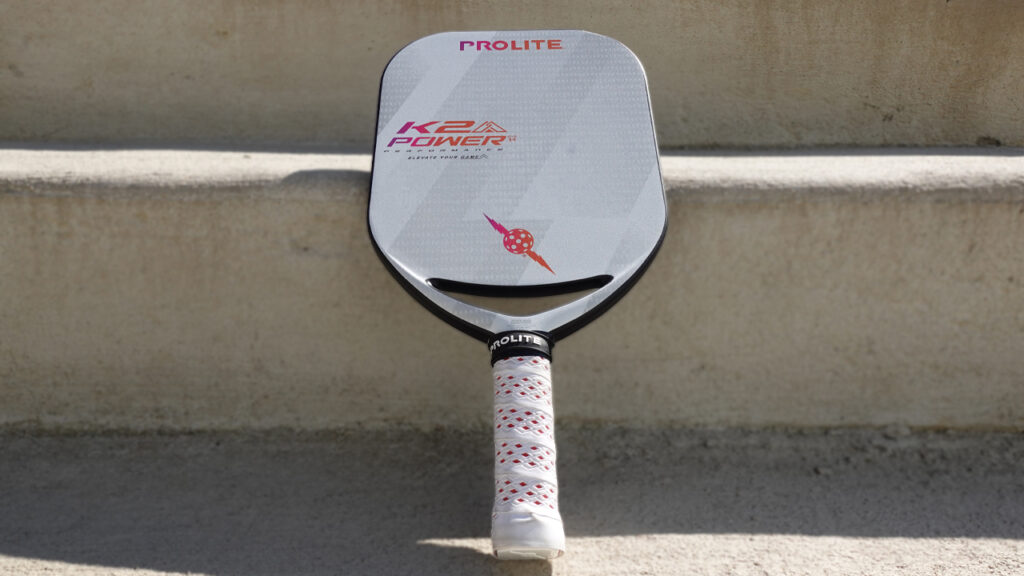
Swing Weight
The aerodynamic hole at the throat of the Prolite K2 Power and a rare paddle length under 16” makes for less resistance on the swing. This is especially beneficial for maneuverability and maintaining quick hands during firefights across the non-volley zone. When the heat is on in the kitchen, the K2 Power is light enough to help keep you in the game and play a more instinctive game when necessary.
Another big benefit of the low swing weight of the K2 Power is the ability to customize weighting to fit your needs on court without becoming too cumbersome. If you want to add lead, tungsten, or silicone weight strips for more even more power, stability, and/or a wider sweetspot, you have a lot of room to work with given such a low swing weight.
Pop and Power
This paddle packs a good amount of pop and plow-through for a paddle of its length. While I need to add weight to the top of other widebody paddles like the Volair Mach 2 14mm for deeper serves and returns, the Prolite K2 Power was fine out of the box in keeping the ball inbounds close to the opposing baseline. I agree with the categorization of this as a power paddle, even if in a somewhat understated way.
Out of Box Spin
The spin is also good on the Prolite K2 Power. My only caveat is that you can expect at least a slight drop off in spin performance over time as the K2 Power utilizes what is essentially a paint or spray-on grit hitting surface, like the Aero InfinityShot and Vanguard Power Air.
Honestly, some may not notice a dip in spin performance over time, but I personally felt less confident generating spin as a few months passed…even though I never really ran into issues using spin with purpose. Without definitive RPM numbers, I’d categorize the K2 Power as a high-spin, but not top-tier paddle, and I think anyone interested this paddle should expect it to perform within the high-spin range for a good portion of the life of the paddle.
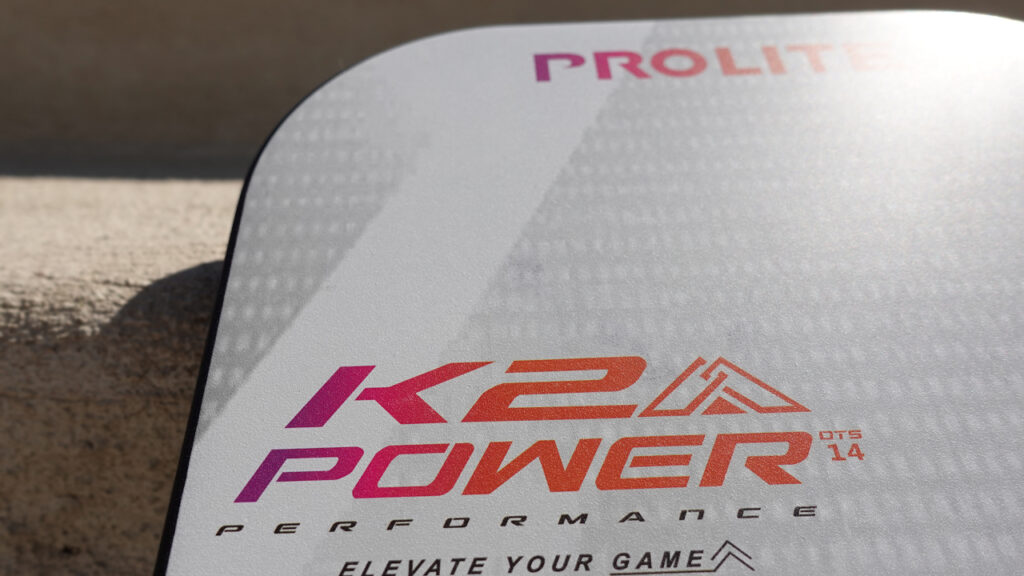
Cons
Grit Durability
Despite considering it a high-spin paddle, I must note the grit surface as a downside of the Prolite K2 Power. The reality is that this type of painted grit surface just does not last as long as other surfaces like raw carbon fiber or other composites.
The majority of consumers for any product would hope it performs just as well or close to its peak months later as it did after first use, so for that I must critique the choice of surface grit.
Note: We play with paddles before applying edges to get a feel for the paddle at the stock weight. This allows us to better make recommendations around adding weight. The Prolite K2 Power comes with edge tape and instructions on how to apply. If you apply it, you won’t experience chipping like we did.
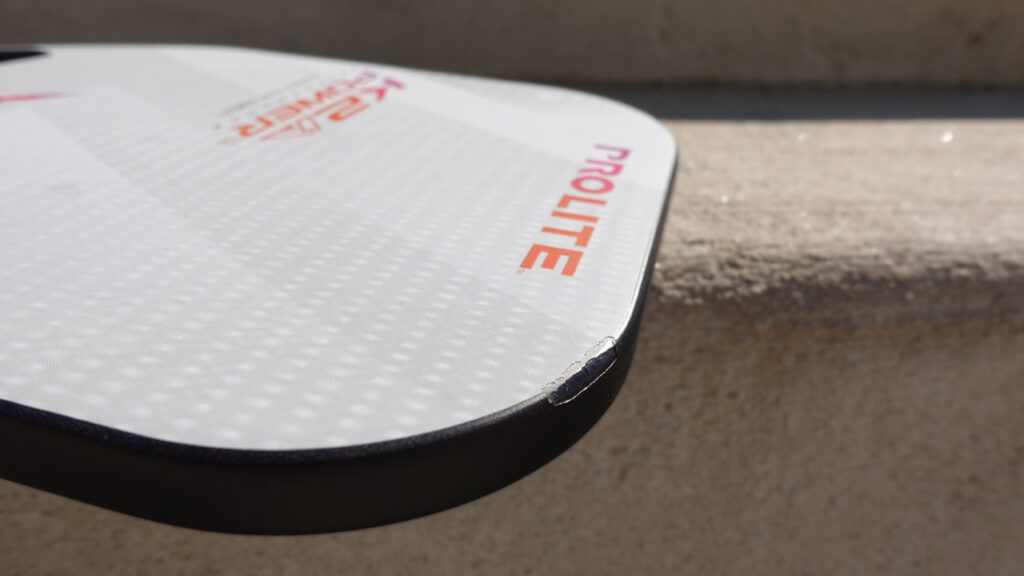
Handle Length
This is more of a personal preference, but the shorter handle of the Prolite K2 Power requires some adjustment. I like to utilize two hands for select backhand shots on court, and this shorter grip is just not enough room for me to work with.
Due to less real estate with the handle, I have to put a little more thought than I would like into hitting backhand shots with the K2 Power since I have to make sure the fingers of my off hand don’t get caught in the hole at the throat of the paddle or in any other awkward position when preparing for the next shot.
Prolite K2 Power Overall
While it’s far from my favorite pickleball paddle to play with (currently), I really enjoyed the Prolite K2 Power. As far as edgeless paddle comparisons, I would put this in between the Selkirk Vanguard Power Air (which I really enjoyed and sometimes miss owning) and the OneShot Aero InfinityShot, which I didn’t enjoy quite as much. In some respects, I’d even say it’s on par with the Power Air. Which is great considering the K2 Power retails for $180, a lot less than the $250 retail price of the Power Air.
Players that don’t struggle much in the soft game (dinking, resets, etc.) even with power-oriented paddles may find the Prolite K2 Power to be a great option. Pickleball players with a table tennis background may also enjoy the shorter handle and larger hitting surface. Overall, I believe this is a solid paddle in performance and appreciate the sub $200 price point given similarly designed paddles often reach well into the $200s.
If you’re considering checking out the Prolite K2 Power, click the button below to check out its product page. Stay tuned for more paddle reviews to come (we have a ton in the pipeline). Thank you as always for your support and catch you in the next review!
